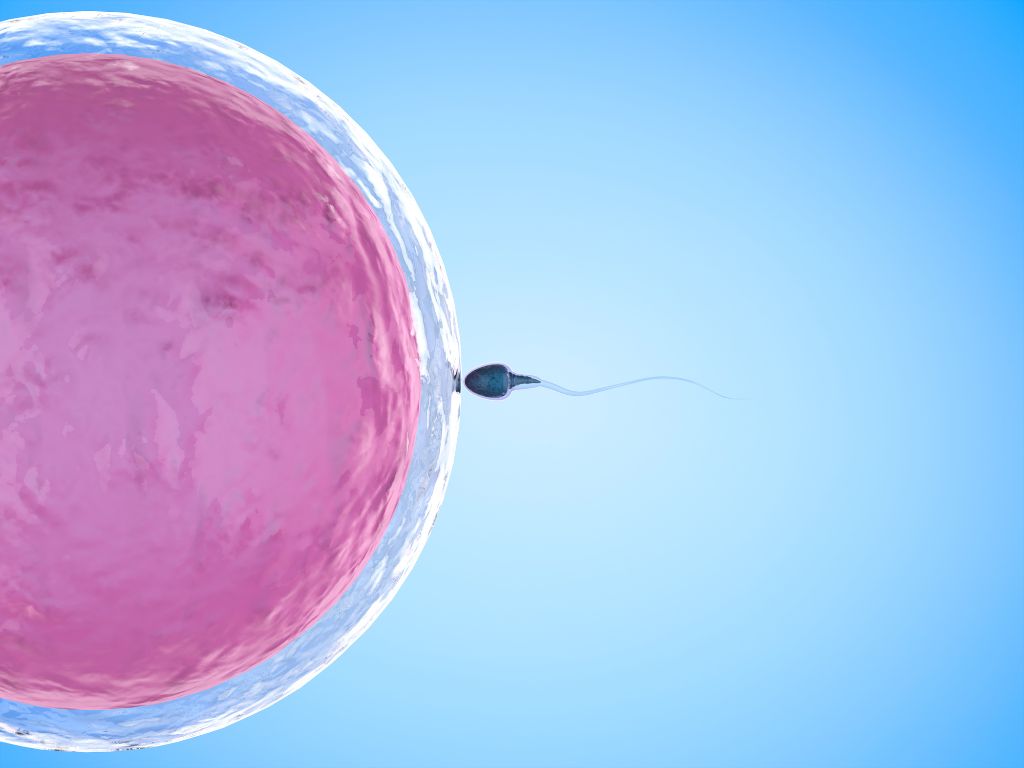What is the caffeine content of the most popular drinks?
Caffeine is naturally present in coffee, tea, cocoa, guarana, and yerba mate; however, it is also added to soft drinks, energy drinks, and weight reduction pills. The actual amount of caffeine in a 33cl can of Coca-Cola is generally the same (32 mg), although it might vary greatly in a cup of coffee (50–160 mg) or tea made from the Camellia sinensis plant (25–45 mg). Regarding coffee, the type of bean, method of harvesting, way of storage, and manufacturing process all play a part in determining the amount of caffeine in your cup. Therefore, it is impossible to determine the amount of caffeine in the cup of coffee we are consuming today.
So, where exactly do we draw the line?
The risk of side effects from caffeine use is partially determined by the amount consumed but also by the individual's overall health. This article investigates the general recommendations for caffeine consumption and its safety. However, keep in mind that this is general advice and that the effects of caffeine on health may vary from person to person. Some individuals can consume many cups of coffee every day without experiencing negative side effects. In sensitive individuals, a single cup of coffee can produce a rise in blood pressure, headaches, irritability, restlessness, and sleep problems.
To avoid these negative effects while still benefiting from the advantages of coffee, try supplementing L-Theanine at the same time.
L-Theanine is an amino acid naturally present in tea leaves that has a soothing effect on the body without inducing drowsiness. L-Theanine calms you and reduces the impact of coffee on your blood pressure. It has also been shown to improve sleep quality. For optimal results, the ratio of Theanine to caffeine should be 2:1; hence, 200 mg of Theanine is the optimal dose for a normal-sized cup of coffee containing 100 mg of caffeine.

Healthy adults
The European Food Safety Authority (EFSA), the National Academies of Science (NAS, which is the American version of the Swedish Academy of Sciences), and Health Canada have determined that 400 mg of caffeine per day is a safe amount for an adult in good health. This is the amount they believe a healthy individual may ingest without experiencing negative effects.
Additionally, the EFSA has said that up to 200 mg of caffeine can be consumed without causing health issues. This is true even if the supplement is used less than two hours before intensive physical activity. However, they advise that even a 100-mg dose taken too late in the day may have a negative effect on sleep quality.
The usual half-life of caffeine is five hours, so even after ten hours, there is still a significant quantity of caffeine in the blood.

Genetic aspects
The enzyme CYP1A is largely responsible for regulating the half-life and, consequently, the metabolism. Different variations of the CYP1A2 gene affect the enzyme's activity and, therefore, the breakdown and effects of caffeine. Those who possess a certain gene mutation metabolize caffeine more slowly, resulting in a larger and longer-lasting impact. Caffeine can also cause an increase in blood pressure in these individuals, who should consequently limit their regular use.
People with a rapid metabolism for caffeine break down caffeine approximately four times faster than those with a slow metabolism. To determine the variation of the gene you possess, you must undergo a DNA test that includes this gene. This is an excellent example of such a test.

Pregnant and nursing women
An EFSA study suggests that women who are nursing, pregnant, or wanting to become pregnant should restrict their daily caffeine consumption to 200 mg. Other studies have determined that up to 300 mg per day is safe, although there is evidence that a higher dose may raise the risk of miscarriage, among other complications.
There aren't many randomized controlled trials (RCTs) conducted on pregnant or lactating women; therefore, it may be wise to choose the lower caffeine amount out of a cautionary motive. Considering that the half-life of caffeine in the body rises considerably during pregnancy, it is easy to attain higher amounts of caffeine.

Children and teenagers
EFSA has indicated that there are insufficient data to define safe caffeine consumption for children and teenagers. To determine the maximum daily dosage, they advise using the maximum single dose for adults, which is 3 mg per kilogram of body weight. The maximum daily caffeine content recommended by Health Canada is calculated at 2.5 mg per kilogram of body weight. A teenager weighing 30 kilograms should not consume more than 75 to 90 milligrams, or 2 to 3 33-milliliter cans of Coke, each day.
Other authorities and community organizations believe that more study is needed in the area and that greater caution should be observed, especially when it comes to the intake of energy drinks by children and teenagers. In Sweden, there is a suggestion that energy drinks should not be offered to anyone younger than 15 years old.
People with cardiovascular diseases
Caffeine has been shown to raise blood pressure for up to 4 hours. Up to 400 mg per day has not been associated with an increased risk of cardiovascular issues in healthy individuals. For those with high blood pressure or other cardiac conditions, however, the long-term effects of frequent caffeine use are less known. Small doses of caffeine may be harmless, but this should be determined on a case-by-case basis in consultation with a physician.
What is the equivalent of 400 mg of caffeine?
There is no clear answer to this. To determine when you exceed 400 mg per day, you must keep track of the types, quantities, and caffeine concentrations of the caffeinated beverages you take daily. The caffeine content of popular energy drinks ranges from 150 to 300 mg per can and manufacturer, but the caffeine content of black coffee can range from 50 to 160 mg, depending on the bean and quantity. More information regarding beverages and their caffeine concentration can be found on the Swedish Food Agency's website.

So what happens if I consume too much caffeine?
10 mg of caffeine per kilogram of body weight is considered toxic, whereas 150 mg/kg can be fatal. Theoretically, consuming caffeinated beverages on a daily basis may be lethal, but in fact, the danger is minimal. A healthy adult would have to consume a considerable amount in a short period of time to be at risk. For instance, a person weighing 75 kilograms would have needed to consume around sixty 330-milliliter energy drinks containing 180 milligrams of caffeine each in a short period of time in order to achieve the lethal amounts described above. On the other hand, the same individual would have required slightly more than four similar cans to reach potentially hazardous amounts of 10 mg of caffeine per kilogram of body weight.
When it comes to concentrated caffeine formulations, such as pills and especially scoop-dosed powders, the situation is different. This situation calls for far higher precision. It is much easier to inadvertently overdose because very small amounts are sufficient to produce large doses.
Final thoughts
The suggestions in this article are based on the long-term consequences of regular caffeine consumption. Caffeine doses over 400 mg (up to 800 mg) have been utilized in short-term trials to examine its performance-enhancing benefits. The more frequently you exceed the prescribed dosage, the more likely you are to encounter negative effects. Also, some of the benefits of caffeine go away if you drink it too often, which is why some people choose to limit their caffeine intake or only drink it on special occasions.












